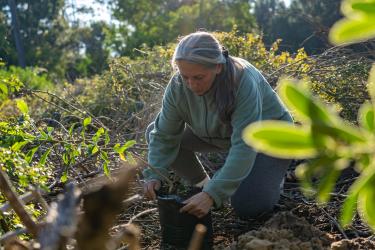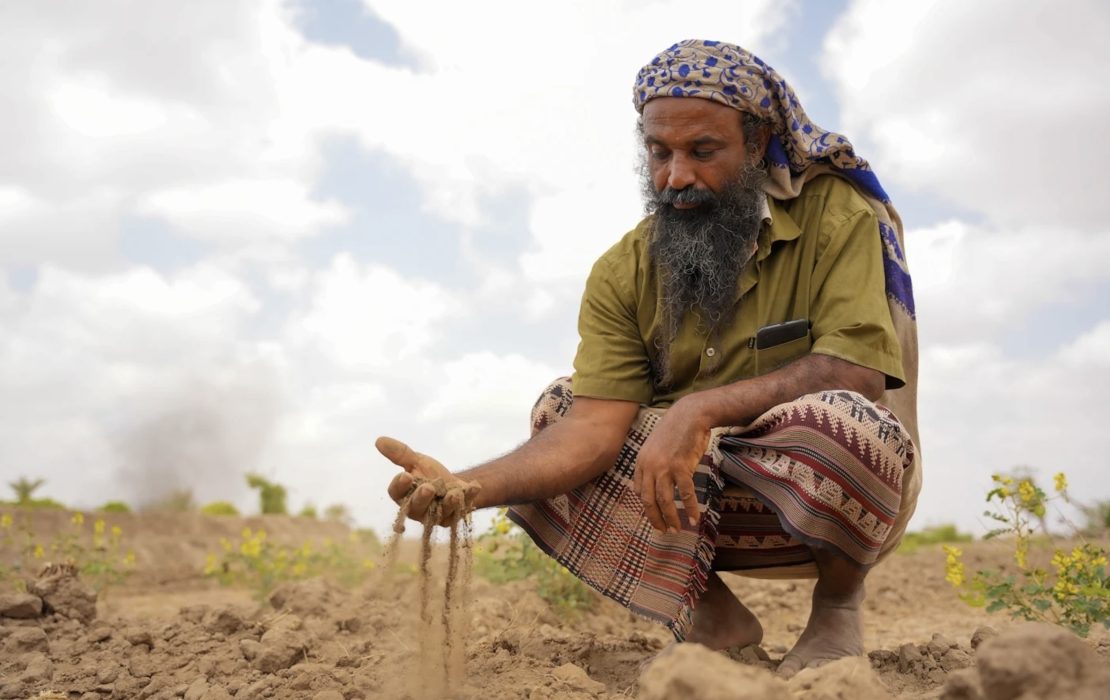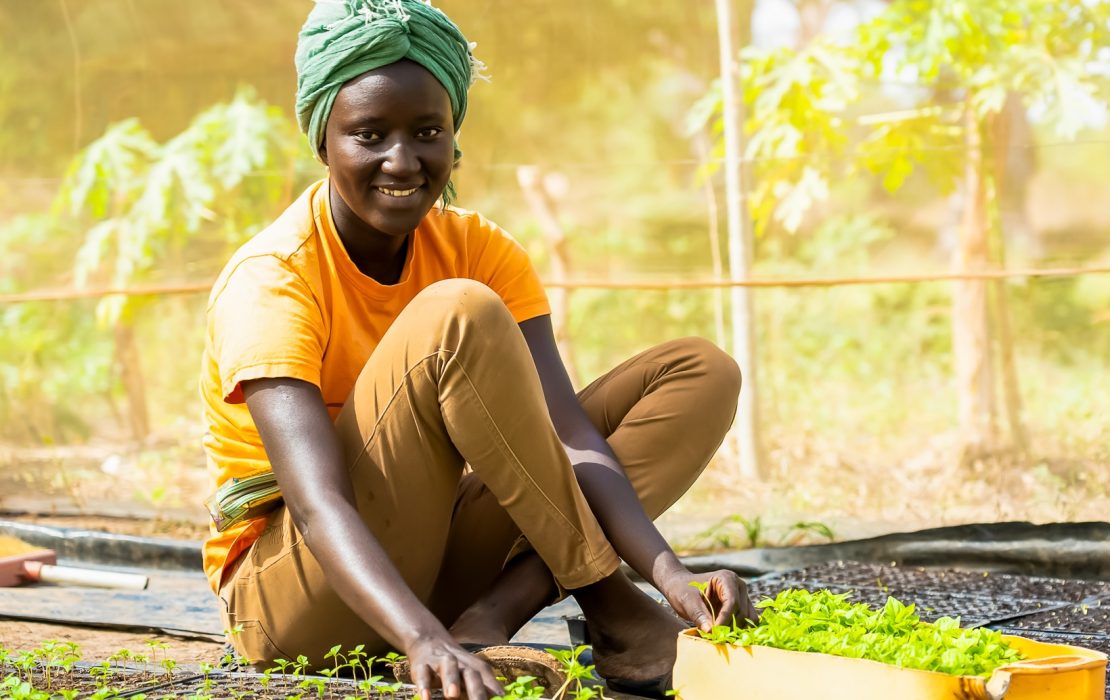0.07%
Share of global GHG emissions
Based on data from Climate Watch (CAIT 2022), developed and maintained by the World Resources Institute. #62
Climate Vulnerability Index ranking
A higher number means a higher vulnerability to climate change. Based on the ND-GAIN Index (2023), developed by the University of Notre Dame. #48
Human Development Index ranking
A lower number means a better human development score. Based on the Human Development Index (2023), developed by UNDP. NDC Status
Uruguay submitted its third NDC in December 2024.
Key highlights from the NDC
- Uruguay’s third NDC includes an economy-wide absolute emission level cap in 2035 for each of the significant greenhouse gases.
- Uruguay has already achieved 94 percent renewable electricity generation (2017-2023), surpassing IRENA’s global projections of 91 percent by 2050. Uruguay also sets specific targets for the livestock sector and for conserving or increasing carbon stocks related to land use and forestry.
- On adaptation, Uruguay has updated targets for 2035 while maintaining the objectives from its Second Adaptation Communication and continuing to accelerate progress in implementing its sectoral NAPs in key sectors such as coastal zones, cities, agriculture, health and energy.
- The third NDC reflects a strong commitment to aligning climate action with biodiversity conservation, as evidenced by its convergence with the National Biodiversity Action Plan (NBSAP).
- The new NDC underscores Uruguay’s continued commitment to promote gender equality, social inclusion and just transition, ensuring alignment with the sustainable development agenda.
- Uruguay’s third NDC was developed with strong partnership and support from the UN system. UN agencies, including UNICEF, UN Women, FAO, IOM, UNIDO and WHO contributed valuable expertise in areas such as youth engagement, agriculture, migration, industry and health. UNDP played a key role in providing technical support to a stocktake of implementation, technical assessments, and inclusive stakeholder engagement.
NAP Status
Uruguay has submitted four Sectoral National Adaptation Plans (NAPs) to the UNFCCC with support from UNDP and GCF Readiness funding. Uruguay also submitted an Agriculture NAP in 2021, with support from the UNDP and FAO through the NAP-Ag programme.
Latest Publications
See allThis Insight Series shares analysis, insights and explores the latest thematic trends we are seeing in the 2025 submission cycle.




